
Columbia College Chicago is a private art college in Chicago, Illinois. Founded in 1890, it has 6,493 students pursuing degrees in more than 60 undergraduate and graduate degree programs. It is accredited by the Higher Learning Commission.

Charles Wesley Emerson (1837–1908) was the founder, namesake and first president of Emerson College in Boston, Massachusetts. Charles Emerson was also the author of a number of books dealing with oratory and a minister with the Unitarian Church.
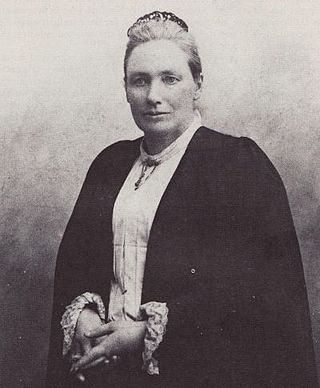
Augusta Jane Chapin was an American Universalist minister, educator and activist for women's rights. She was born in Lakeville, New York, the eldest of eleven children, to Almon Morris Chapin and Jane Pease. She was one of only a few women's speakers at the Parliament of the World's Religions that took place at the Columbian Exposition in Chicago in 1893. She had a long preaching and teaching career around the Midwest, Pennsylvania, New York, Oregon, and California.

Thomas Clarkson Trueblood was an American professor of elocution and oratory and the first coach of the University of Michigan golf and debate teams. He was affiliated with the University of Michigan for 67 years from 1884 to 1951, and was a nationally known writer and speaker on oratory and debate. He founded UM's Department of Elocution and Oratory as well as the campus debate program. He became the subject of national media attention in 1903 when the Chicago Tribune ran an article stating that he was offering a new "course in love making." His golf teams won two NCAA National Championships and five Big Ten Conference championships. He was posthumously inducted into the University of Michigan Athletic Hall of Honor in 1981.
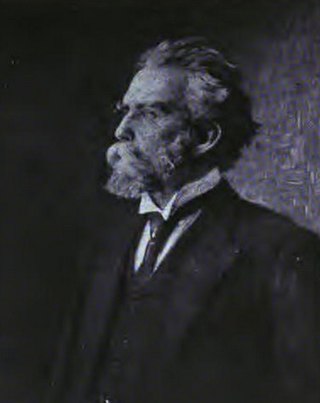
Samuel Silas Curry was an American professor of elocution and vocal expression. He is the namesake of Curry College in Milton, Massachusetts.

Genevieve Stebbins was an American author, teacher of her system of Harmonic Gymnastics and performer of the Delsarte system of expression. She published four books and was the founder of the New York School of Expression.

Mary Ann Blood was a teacher of Elocution and Expression in the late 19th and early 20th centuries. She is known as the co-founder and First Co-president of Columbia College Chicago.

Bertha Hofer Hegner was an educator and promoter of the Kindergarten Movement in Chicago, Illinois during the late 19th and early 20th centuries. She is remembered as the founder of the first kindergarten in Chicago, Illinois, the founder of the Pestalozzi-Froebel Teachers College, a school centered on training its students for teaching kindergarten in Chicago, and the fourth President of Columbia College of Expression.
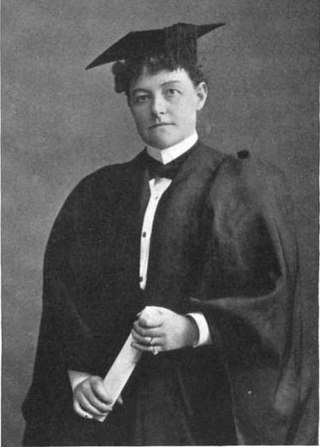
Sarah McGehee Isom was an American orator, and the first female faculty member at the University of Mississippi, where she taught oratory for twenty years.

Mary Helena Zachos was an American college professor and elocutionist, who was on the faculty at Cooper Union from 1897 to 1939.
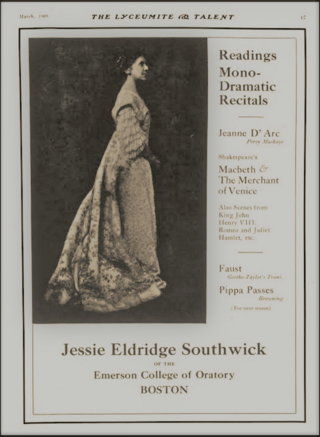
Jessie Eldridge Southwick was an American elocutionist, teacher, author and poet. She was active in the Chautauqua and Lyceum movements of the late 19th and early 20th centuries, performing around the United States as well as internationally. She influenced oratory through active involvement in emerging organizations, writing textbooks and teaching expressive voice culture and platform performance at Emerson College and elsewhere.
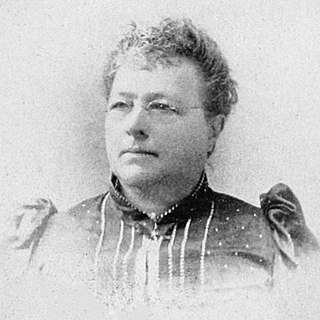
Emma Pike Ewing was an American author and educator on housekeeping and cooking. Ewing hailed from New York. After the American Civil War, she served as dean, Chautauqua Assembly Cooking School; professor domestic economy, Iowa Agricultural College; director Model School of Household Economics; and affiliated with Marietta College, Ohio, Model Home School of Household Economics. Her contemporaries included, Mary Johnson Bailey Lincoln, Marion Harland, Fannie Merritt Farmer, Sarah Tyson Rorer, Maria Parloa, Gesine Lemcke, Ella Morris Kretschmar, and Linda Hull Larned. Ewing was the author of several cookbooks such as Cooking and Castle-building (1880), Soup and Soup Making (1882), Bread and Bread Making (1883), Salad and Salad Making (1884), A Text-book of Cookery, for Use in Schools (1899), Cookery Manuals (1890), and The Art of Cookery: A Manual for Homes and Schools (1896). She died in 1917.
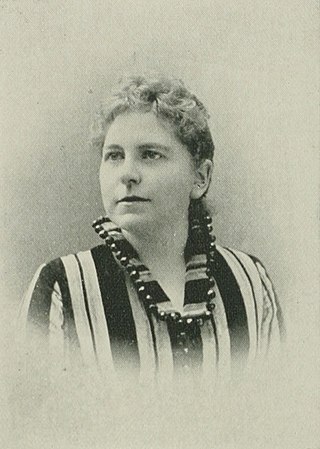
Elizabeth Marney Conner was a 19th-century American dramatic reader and educator, and the founder of the Buffalo School of Elocution. She published recitations in both prose and verse, and was also the author of an operetta.
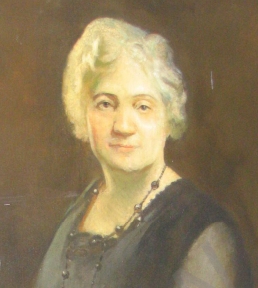
Anna Baright Curry was a noted educator and the founder of Curry College in Milton, Massachusetts.
The Boston School of Oratory was a private institution in Boston, Massachusetts, founded in 1879 by Robert R. Raymond, a dramatic reader. It succeeded the Boston University School of Oratory, which had sometimes been informally known by the same name.

Fannie Ruth Robinson was an author, poet, and educator.
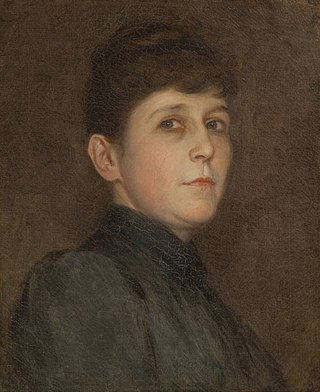
Ida Waugh was an American illustrator of children's literature who often collaborated with her lifelong companion, Amy Ella Blanchard.

Ida Benfey Judd was an American educator, elocutionist and monologist, billed as "The American Storyteller". She founded the Mark Twain Association, and was its first president.
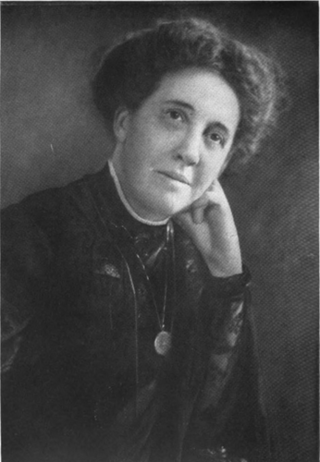
Lily C. Whitaker was an American educator and author. She contributed to the Southern Quarterly, under her father's direction and wrote for the New Orleans press. In addition to a poetry collection, Donata and Other Poems (1880), and a textbook, Spoken thought : a text book on vocal expression for use in high schools, normal schools and colleges (1927), she wrote several plays. Whitaker was elected president of the New Orleans Educational Association, and served as principal of one of the largest public schools in that city. She founded the first school of speech and oratory in the Southern United States.
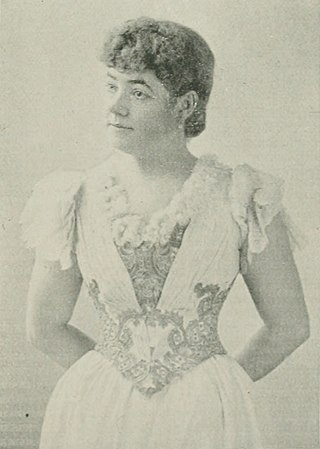
Sarah Lord Bailey was a British-born American elocutionist and teacher of dramatic elocution.



















